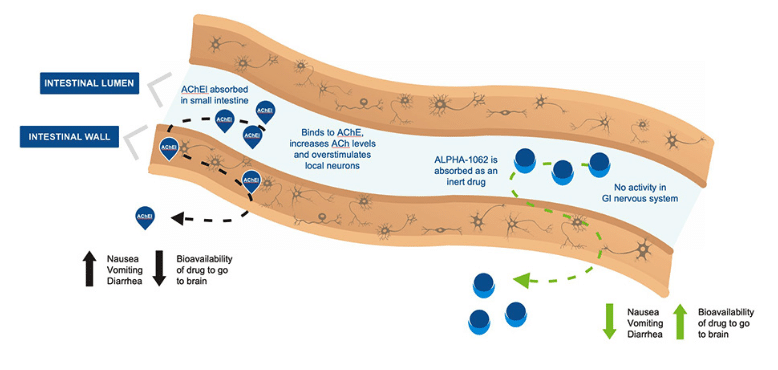
 A gene sequencing study to identify genetic markers for endometriosis, a common condition affecting ten per cent of women.
A gene sequencing study to identify genetic markers for endometriosis, a common condition affecting ten per cent of women.
The new results may lead to a genetic test to distinguish aggressive from non-aggressive forms of the condition while also providing more insight into the nature of cancer growth.
Endometriosis is an often painful condition in which tissue that lines the inside of the uterus is found growing outside the uterus on the ovaries, fallopian tubes and other organs and tissues. Because it is displaced uterine tissue, endometrial tissue thickens and breaks down during menstruation, causing irritation and scarring to surrounding areas in the pelvis. Along with pelvic pain, endometriosis can cause pain with intercourse, with bowel movements and urination as well as complications resulting in infertility and an increased risk of developing ovarian cancer.
The new study from researchers at Johns Hopkins Medicine, the University of British Columbia and the BC Cancer Agnecy involved genetic sequencing of tissue samples from 24 women with deep infiltrating endometriosis, the more aggressive form. The researchers found specific genetic mutations in the endometrial tissue cells not found in their normal tissues, a result which sheds further light on the nature of the condition and may lead to new treatment options.
“Finding these mutations in non-cancer conditions is largely uncharted territory,” said Michael Anglesio of the Department of Molecular Oncology at the BC Cancer Agency and co-author of the study, to the Vancouver Sun. “It’s not just inflammation around endometrial tissue in the wrong place, it’s that there are genetic changes hardwired into the biology of the disorder.”
A second group of tissue samples from 15 women taken at UBC were studied for mutations in the KRAS gene, known to signal cell growth and replication. The researchers found KRAS mutations in five of the 15 samples.
The researchers say their findings may have implications beyond those for treating endometriosis, as the mutations identified in the endometrial tissue were noted to be similar to mutations found in some forms of cancer, even though the endometrial cells do not typically become cancerous.
“We found that lesions in deep infiltrating endometriosis, which are associated with virtually no risk of malignant transformation, harbour somatic cancer driver mutations,” say the study’s authors.
Finding these cancer-causing mutations in non-cancerous cells is intriguing, say the researchers, and it encourages further research into what prompts the progression towards malignancy in some cells and tissues while not in others. “We don’t yet understand why these mutations occur in these tissues, but one possibility is that they could be giving the cells an advantage for growth and spread,” says Nickolas Papadopoulos, professor of oncology and pathology at the Johns Hopkins Kimmel Cancer Center and study co-author, in a press release.
Endometriosis is still a relatively poorly understood condition, with both genetic and environmental risk factors. Treatment options include pain medications and hormone supplements to help slow tissue growth. In some cases, surgery may be necessary to remove endometrial tissue or, in severe cases, removal of the uterus and ovaries.
The new research is published in the New England Journal of Medicine.
Leave a Reply
You must be logged in to post a comment.





 Share
Share Tweet
Tweet Share
Share




Comment